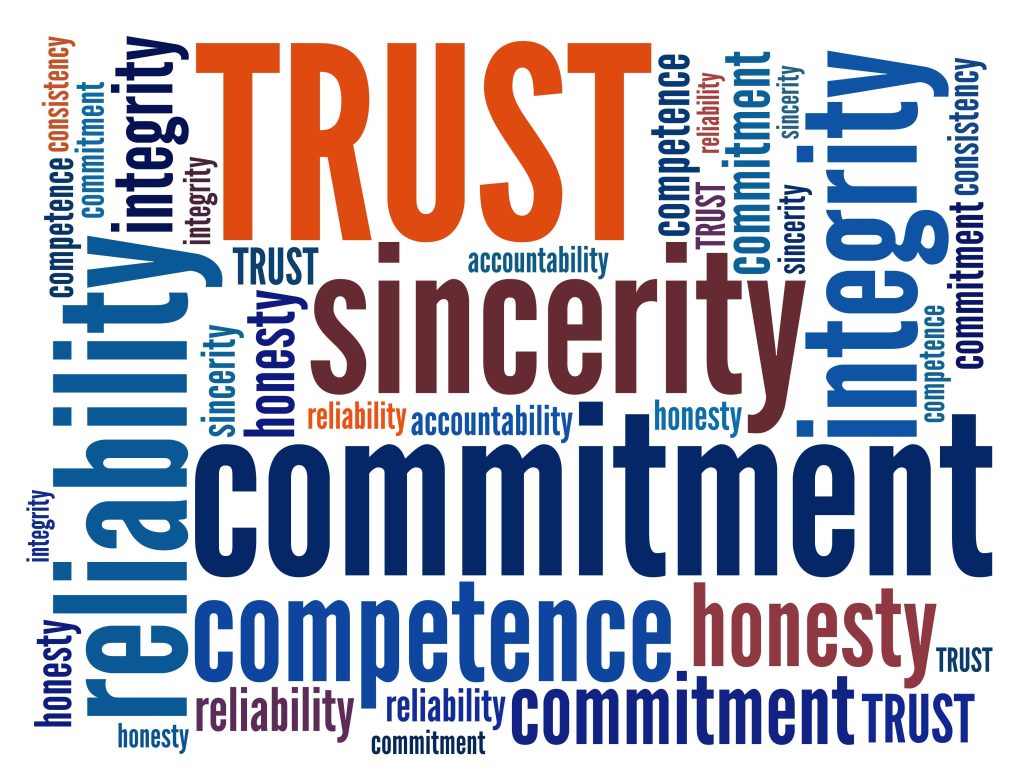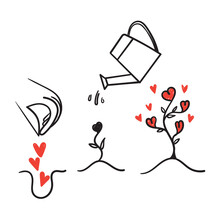Couple Therapy at InPsyche Journeys
Couple Therapy: Getting Clarity, Building Couple Relationships
Many of us hope to find the “right” one to spend our lives with. Companionship, connection, building a life together with the special someone whom we cherish, are basic human emotional needs that frequently motivate us to find our other half. Oftentimes, the journey to couplehood starts off with individuals becoming attracted to that special someone perhaps due to certain captivating physical attributes, qualities, shared interests or simply “love at first sight”.
Some couples go with the flow of the often experienced feelings of excitement, passion and infatuation during initial attraction (e.g.”heart flutters”, can’t get to see each other enough, feelings of privilege at being the selected one) and move straight on to a long-term commitment (e.g. marriage, living together). Other couples take on a more gradual journey through courtship and the consideration of a longer-term, life-time commitment as a couple becomes more serious and realistic. Regardless, as the emotional highs of initial attraction fade, and couples move towards a longer-term commitment as couple, the realities associated with sustaining a healthy relationship start to surface.

Just like in any type of relationship, couple relationships are typically made up of 2 individuals who bring with them their unique qualities, personality characteristics, perspectives and styles of doing things. Together with that, couples bring with them their respective life experiences – positive, adverse, chaotic, traumatic, which in turn influence the person they are, their outlook of people, life and the world in general – and how they present in the relationship
As a result, differences in styles, perspectives and outlooks between the couple are usually the first things that surface, perhaps given that communication is basic to addressing various daily issues, big and small, that take place in any couple’s lives. These can range from daily routine activities (e.g. allocation of housework, finding allocating couple time) through to bigger ticket items (e.g. managing household finances, parenting styles). Communication styles which extend into how couples work through conflicts can impact the quality of the couple’s relationships (e.g. intimacy, validation vs defensiveness/resentment when negotiating conflicts, trust) and their confidence in working through future obstacles or crises.
What Makes for a Healthy Couple Relationship?
Some common and non-exhaustive range of factors are listed here. These are namely,
a) Respectful Communication, e.g.
– Hearing out and respecting each other’s differing perspectives as well as each partner’s needs (underlying why they want things done a certain way) – without interruption or imposing your views;
– Respectful way of giving feedback – include your view and reasons, how your partner’s revised outcome will mean to you. Not criticise, not talk down.
– Finding a common ground to work out a compromise. Alternatively, develop together a whole new solution that is separate from each other’s perspectives.
b) Knowing each other’s hopes, dreams, fears, interests, beliefs – making time to chat or do activities to find out or
c) Engaging in intimacy, e.g.
– Physical: includes sexual and non-sexual intimacy e.g. hugging, cuddling.
– Emotional: Being heard and understood regarding your thoughts and feelings.
– Spiritual: Sharing your beliefs, values and sense of purppose.
– Experiential: Sharing experiences and creating memories together.
– Intellectual: Sharing thoughts, ideas and interests.
d) Trust
e) Negotiating and Living with Crises & Adverse Events (e.g. medical or mental health conditions in one/both partners and/or children; grief and bereavement after death of partner or child).
Signs & Symptoms of Relationship Trouble
Some Common Red Flags in Couple Relationships.
Do you have any of these?
a) Disengagement from each other:
-> Some signs: Not engaged, not interacting with, feeling distanced. Things appear too good to be true, even to the extent of not having any conflicts or arguments.
b) Chaotic style of management
-> Some signs: Unstructured, disorganised way of handling pertinent issues (e.g. family finances)
c) Difficulties with Communicating
-> Some signs:
i) Challenges in finding time to communicate,
ii) Conversations that often lead to unresolved arguments,
iii) Difficulties with handling differing perspectives and negotiating conflicts,
iv) Frequent criticism and talk-down way of feedback. Reciprocal response of defensiveness or stonewalling (“cold shoulder”)
d) Lack of any sort of intimacy
e) Lack of trust, doubt in the relationship
f) Engagement in extra marital affair by one or both partners
v) Avoidance of communication
Who is Couple Therapy For?

I work with married as well as couples who are in courtship. I work with heterosexual couples and look forward to working with couples who identify with the LGBTQ+ community. Welcome!
Couple therapy can be useful for:
a) Identifying and Working Through Obstacles Within Couple Relationships
For couples in courtship and married couples alike, couple therapy can help raise the awareness of the strengths, pitfalls, interactional patterns and other pertinent factors within each relationship, and how these can impact on the couple’s relationship. It is a common misconception that couple therapy is about “fixing” the partner who is at fault. Problems in relationships are shaped by an ongoing interaction between each partner’s action/words and the other partner’s responses (e.g. words, behaviours). Instead, couple therapy aims to identify factors that are sabotaging the couple’s interactions and to guide each partner to contribute towards more conducive ways of interacting with each other, thereby building healthier relationships.
b) Working Through Parenting Styles
Couple therapy can help to address couples’ parenting styles and patterns as a result of strained cople relationships, or as a separate, stand-alone area of concern. Couple therapy in these situations can help to identify strengths and factors that enhance as well as hinder the parenting styles respectively. Exploration of other pertinent background information such as, each partner’s experience of their earlier life experiences (e.g. their experience of the parenting style of their caregivers) is usually explored to better understand any influence of past events on each partner’s contribution to the couple relationship and parenting collaboration.
c) Understanding and Clarifying the Direction of Couple Relationships
Couple therapy can function as a platform for couples who are facing struggles within their relationships to gain clarity on pertinent issues, as well as a resource to facilitate their decisions on how best to proceed with their relationships. While couple therapy can be used to help couples address their issues and grow healthier relationships, it can also serve to facilitate couples to make informed decisions about the possibility of terminating their relationships, if they deem it as the most appropriate option.
How I Work with Couples at InPsyche Journeys

I work with couples who are seeking to grow a currently thriving relationship. I also work with couples who are facing challenges, impasses or crises in their relationships, to identify underlying factors and to work through them.
Drawing on the Gottman method of couple work, I typically spend the first three sessions to understand the following: understanding the couple’s hopes of coming for therapy, the trajectory of their couplehood journey, each individual partner’s therapy hopes and background information, before developing a tentative therapy plan with the couple. Following that, couple therapy can take on various interventions which include Gottman’s well-researched techniques (e.g. working with conflicts) as well as drawing on other approaches where appropriate (e.g. mindfulness for emotions and thoughts, trauma).